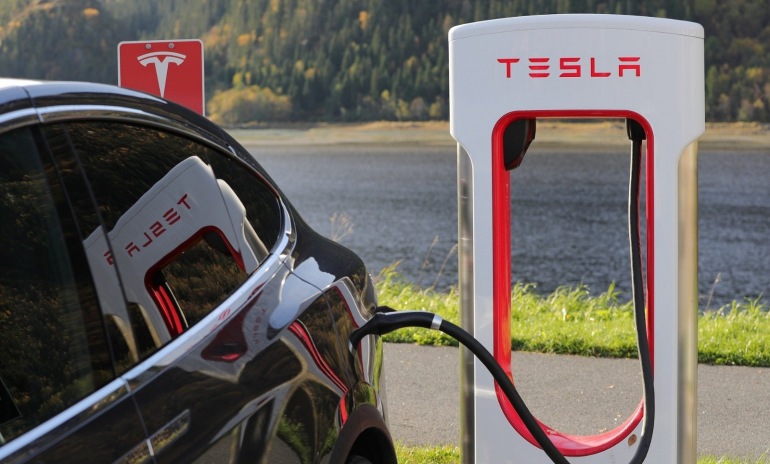Significant Tax Reduction On Electric Cars
Date: 18/02/20

Usually, for tax purposes, it is best to avoid owning a car with personal use in a company. For the current tax year the benefit in kind percentage for an electric vehicle is 16%. However, from 6 April 2020 the treasury has announced that for electric vehicles a benefit in kind rate of 0% will apply. The easiest way to explore the benefits of this change is through the use of an example.
For this we will look at Tesla Model S which can be purchased new from £80,000
In the current tax year if you, as an employee, were provided with this car then you would be taxable on a benefit in kind of £12,800 (16% of £80,000). If you were a higher rate taxpayer this would cost you £5,120 in income tax. The employer would also have to pay Class 1A national insurance on this benefit of £1,766.
However, with effect from 6 April 2020 the taxable benefit will become £nil and so a higher rate taxpayer would have no income tax to pay on the benefit and there would be no national insurance for the employer.
For the tax year 2021/22 the taxable benefit in kind percentage for electric cars will increase to 1% and for 2022/23 it will further increase to 2%. However, for a higher rate taxpayer this still only gives an income tax liability for the individual of £320 and £640 respectively.
The employer will be able to benefit from full tax relief on the purchase price of the car. Assuming the employer is a company paying corporation tax at 19% this would bring the ‘real’ cost of the car down from £80,000 to £64,800.
So to conclude if a director shareholder is looking to purchase an electric car then by purchasing it through the company there is an opportunity to be very tax efficient. The employer gets full tax relief on the purchase price of the car whilst the director shareholder is able to have the car for their own use without either having to draw taxable income to fund the purchase or be taxed on an expensive benefit in kind of a company owned car.
Furthermore, the employer can provide electric to recharge the employee’s car without giving rise to any benefit in kind.
There are of course other commercial considerations such as whether it is wise to purchase early electric car models as they may soon be superseded by improved technology and therefore suffer from poor residual values. However, that is a different consideration!

Author: James Cornthwaite FCA CTA
A former pupil at St Aidan’s C of E High School, James attended Blackpool Sixth Form College and Lancaster University, graduating in 2004, gaining BSc. first class honours. He joined Moore and Smalley, Preston in 2005 and qualified as a...
0 Comment
Add your Comment
We have the ability to edit and/or delete posts and comments. Links should be relevant to the topics. Please note all comments are subject to review before inclusion.














Nobody has commented yet. Why not add one?